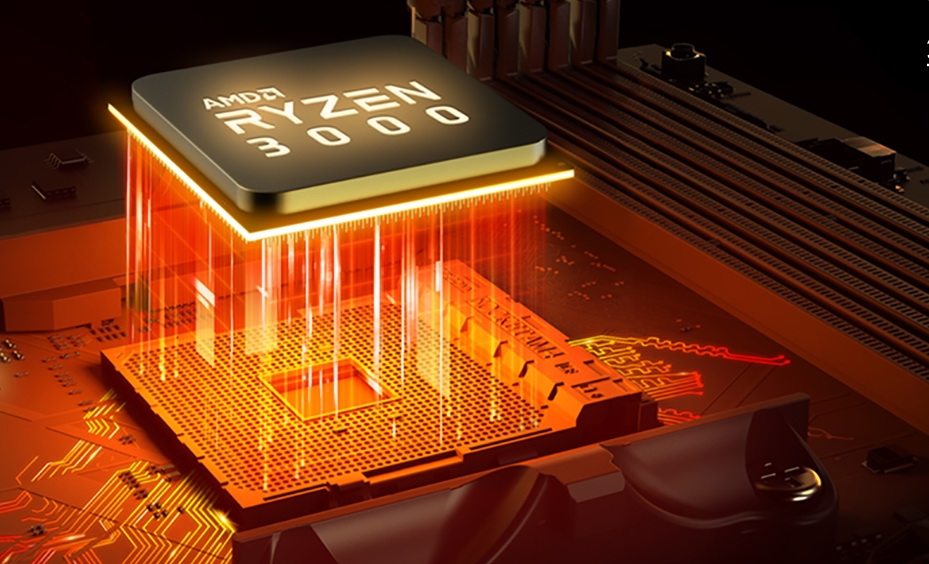AMD Ryzen has a new BIOS: the kernel latency is greatly reduced

We have no doubt that Ryzen 3000 was considered the champion at the beginning of its debut. AMD has not given up on subsequent debugging. The performance of the chip has been further optimized through the optimization of the AGESA microcode
The latest tester CapFrameX announced the release of the Agesa Combo V2 1.0.8.1 update. According to SiSoftware Sandra, the latency between cores has been significantly improved from 56.9 ns to 48.9 ns. which is 14% faster.
A forum netizen reported that the delay of Ryzen 9 3950X was reduced by 3 to 7%.
I don't know any details, but AGESA (1.0.8.1 Combo v2) _seems_ to offer significant intercore latency improvements reported by SiSoftware Sandra multicore efficiency test.
Latency core-core: 48.9ns = 1.0.8.1
Latency core-core: 56.9ns = 1.0.0.6#Ryzen #AGESA— CapFrameX (@CapFrameX) September 10, 2020
Sorry, correct are the following AGESA versions.
Latency core-core: 48.9ns = now (AGESA Combo V2 1081)
Latency core-core: 56.9ns = previous (AGESA Combo V2 1002)— CapFrameX (@CapFrameX) September 10, 2020
Since it is designed to improve latency between cores rather than between chips. It is assumed that all Ryzen systems can benefit from this.
In addition, once the Ryzen 9 3950X is installed with a BIOS integrated with Agesa Combo V2 1.0.8.1 microcode, the acceleration frequency will be easier to reach the nominal 4.7 GHz or even 4.5 GHz.
From this point of view, anyone can pay close attention to the respective motherboard BIOS updated to Agesa Combo V2 microcode version 1.0.8.1 and update it immediately, especially for Ryzen 3000 processor and Ryzen 4000G APU users.







Steve @hardwareunboxed needs to test if this will result in any gains in gaming. Please. ?